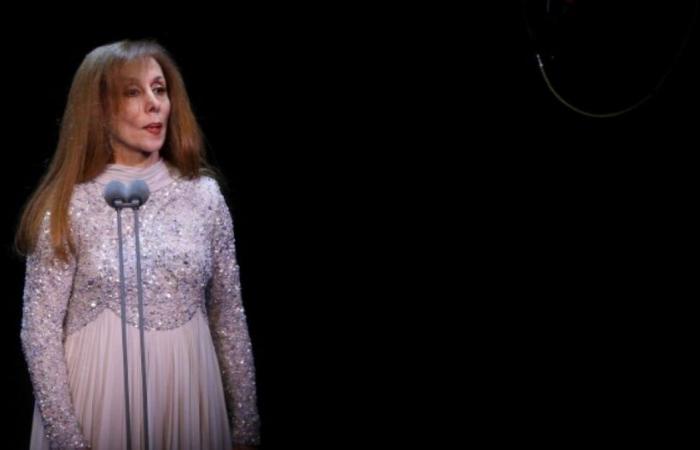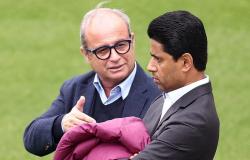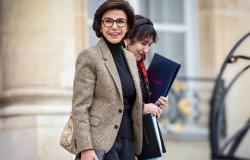The last living legend of Arab song, Fairouz celebrated her 90th birthday on Thursday while her country, the Lebanon that she celebrated so much, is plunged into a deadly war between Hezbollah and Israel.
Internet users set the Internet ablaze by broadcasting the songs of the diva, a rare symbol of national unity in the divided country, while media from all sides paid tribute to her.
In 2020, French President Emmanuel Macron, visiting Beirut, visited Fairouz's home and decorated her with the Legion of Honor.
“To the one who embodies the soul of this region with dignity, a happy birthday,” he wrote on his Instagram account on Thursday.
“The voice of Fairouz is my country,” wrote the famous Lebanese composer Marcel Khalife on Facebook.
After having performed for more than half a century from Beirut to Las Vegas, via Paris and London, the star has not appeared in public for more than a decade.
“When you look at Lebanon today, you see that it in no way resembles the Lebanon that I sing about,” lamented the diva in an interview with the New York Times in 1999, referring to decades of war and destruction.
At the height of the civil war, she sang “I love you, O Lebanon, my country” (“Bhebbak ya Lebnane”), a song that has become iconic.
Fairouz exalted his native Lebanon but also love, freedom and Palestine.
She brought to life the words of great Arab poets – the Lebanese Gibrane Khalil Gibrane, Saïd Akl or the Egyptian Ahmed Chawki -, while her patriotic songs have become ingrained in the memory of the Lebanese and the rest of the Arab world.
Nouhad Haddad, her real name, was born in 1934 into a modest Christian family who lived in the Zokak el-Blatt district, targeted by an Israeli strike on Monday.
Engaged on the radio, the composer Halim al-Roumi, impressed, gave him his nickname.
In the 1950s, she married the composer Assi Rahbani who, with her brother Mansour, revolutionized traditional Arab song and music by mixing Western, Russian and Latin American classical pieces with oriental rhythms, on modern orchestration.
It was after his first concerts at the Baalbeck International Festival, in the middle of the ruins of this ancient Lebanese site near which Israeli bombs are currently falling, that Fairouz's career took off.
Adored by her elders, she became the icon of young people when her son Ziad, enfant terrible of Lebanese music, composed songs for her influenced by jazz rhythms.






